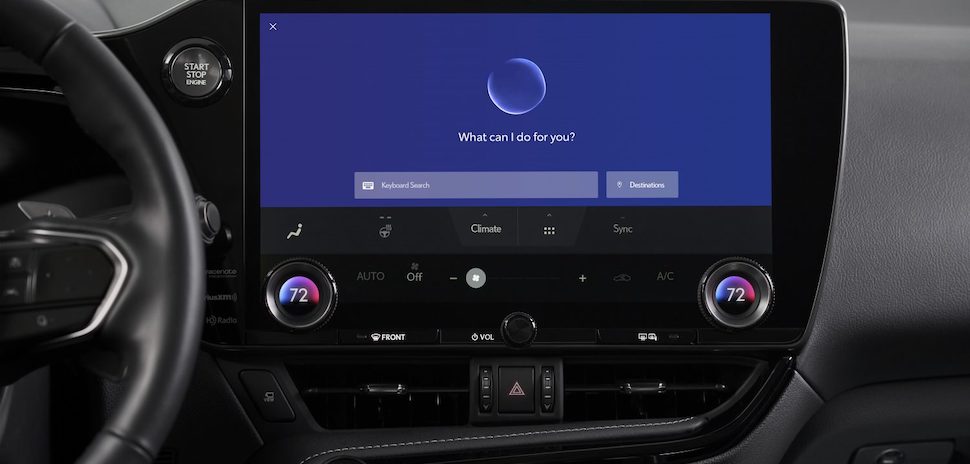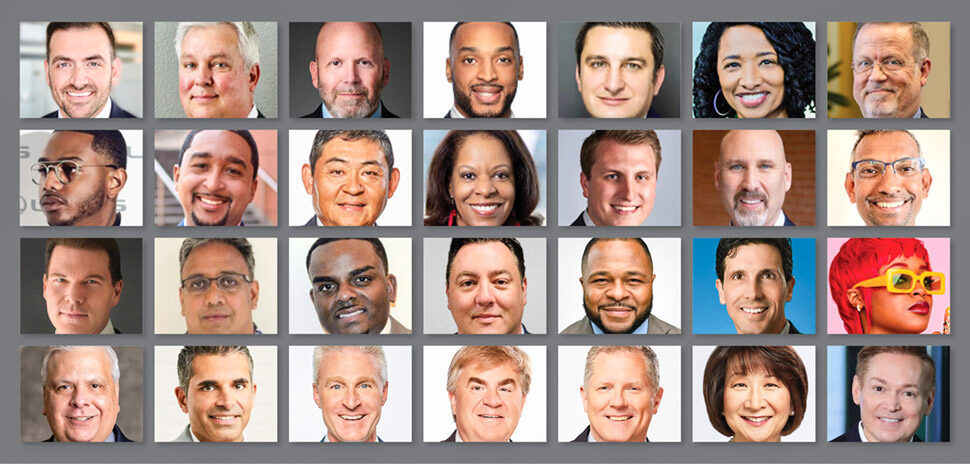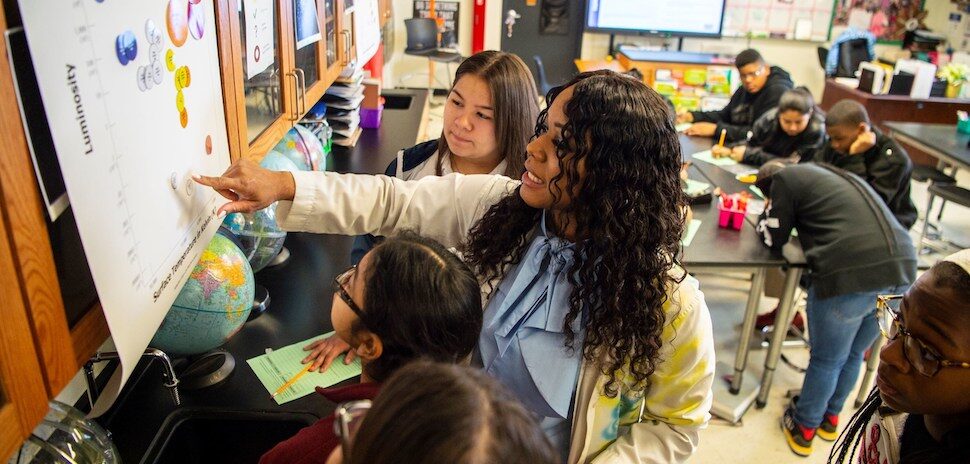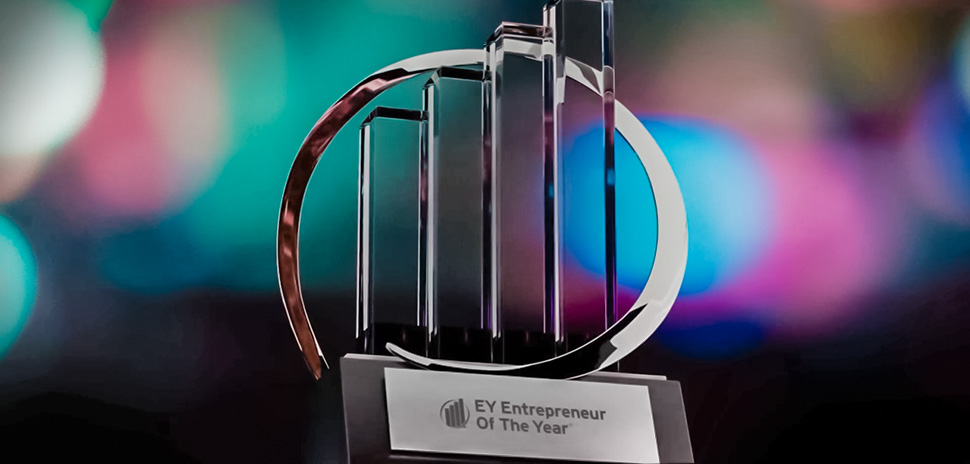Plano-based Toyota North America and California-based Google Cloud have expanded a partnership that marries Google Cloud’s AI-based speech services with Lexus and Toyota’s next-generation audio multimedia systems.
It’s a system that puts audio control just a voice command away—with processing of the command in the car’s internal processors, not the cloud.
Toyota said in a statement that customers now can experience the first results of the partnership in the latest generation Toyota Audio Multimedia and Lexus Interface infotainment systems, including in 2023 models such as the Toyota Corolla family, Tundra, Sequoia, and Lexus NX, RX, and all-electric RZ.
‘Next step for in-vehicle voice AI’
“Today’s announcement represents refinement that comes with years of collaboration between Toyota and Google Cloud to perfect how our technologies work with one another,” Steve Basra, group vice president, Connected Technologies, Toyota Motor North America, and CEO and president of Toyota Connected North America, said in a statement. “We’re excited to announce this next step in development for in-vehicle voice AI, as it will bring even more benefits to Toyota and Lexus drivers, including speed and ease of use.”
The partnership spotlights the AI and machine learning innovation made available in the latest Toyota and Lexus infotainment systems. The strength of the new partnership lies in the fact that Toyota’s next-gen system will no longer require an internet connection for natural-speech functions.
Voice assistants are becoming more commonplace in our everyday lives and consumers increasingly expect accurate and consistent voice interactions, Toyota said. However, the machine learning capabilities required to provide high-quality speech results traditionally have relied on a connection to the cloud, as natural language processing is complex and may require specialized computers.
The company said that vehicles that have Toyota’s latest-generation Automotive Grade Linux-based Audio Multimedia and Lexus Interface infotainment systems already leverage Google Cloud’s Speech-to-Text service to accurately perform automatic speech recognition for in-vehicle queries.
Co-developed since 2018
Toyota’s Voice Assistant leverages technology from Google Cloud and was co-developed by Toyota Motor North America Connected Technologies and Toyota Connected organizations since 2018.
The companies say that by expanding their collaboration, they aim to drive future innovation with the addition of Speech On-Device—a new Google Cloud AI product that equips embedded devices with the same powerful, AI-based speech recognition and synthesis available in the cloud, regardless of internet connectivity, to future Toyota and Lexus vehicles.
No ‘dead zones’ or tunnel dropouts
The future vehicle-native Speech On-Device will allow voice requests to be served directly by vehicles’ multimedia system processors, without the need for internet connectivity, to power voice queries in select vehicles, Toyota said. That means that with voice interactions served locally instead of by the cloud, drivers won’t have to worry about a dead zone or tunnel affecting voice commands.
In a statement, the companies said that Speech On-Device builds on innovations from Google Assistant and Google Pixel that enable fully featured speech models–comparable in quality to those hosted in the cloud–to run locally on small devices at the edge with a fraction of the model size and computing requirements. They said the new product will allow Google Cloud customers to bring high-quality speech services to disconnected environments, presenting new opportunities across a variety of uses, from cars to televisions and even kiosks.
“By working closely with Toyota to understand its in-vehicle device requirements and capabilities, we were able to provide server-like quality while using only a small fraction of the processing power to ensure the best possible experience for drivers,” Umesh Vemuri, vice president, Global Strategic Customers & Industries, Google Cloud, said in a statement.
![]()
Get on the list.
Dallas Innovates, every day.
Sign up to keep your eye on what’s new and next in Dallas-Fort Worth, every day.






































































